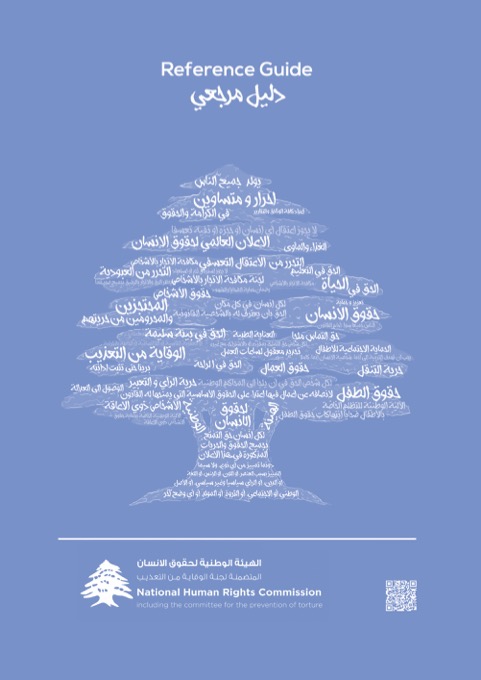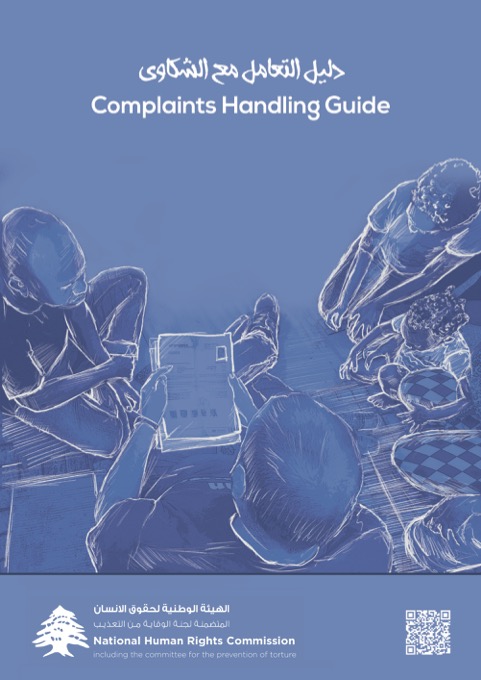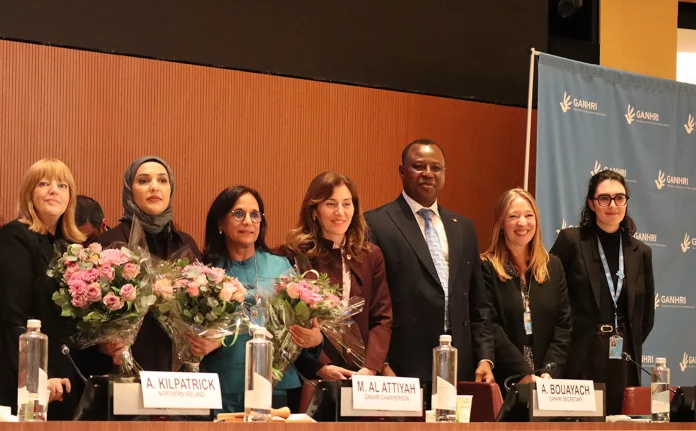National Human Rights Institutions (NHRIs) from around the world, have reaffirmed their commitment to advancing gender equality and protecting the rights of women and girls at the 2025 Annual Meeting of the Global Alliance of National Human Rights Institutions (GANHRI).
The event, held in Geneva from 10-12 March, brought together NHRIs, UN agencies, civil society organisations, and human rights experts to address challenges, share best practices, and drive progress on a range of human rights issues.
A key focus was the role of NHRIs in advancing gender equality and strengthening human rights protection for women and girls, providing an opportunity for participants to collaborate on solutions and enhance efforts toward gender equality.
GANHRI Chairperson Ms. Maryam Al Attiyah opened the session with a call to action: “Gender equality is not only a fundamental right but a prerequisite for sustainable and just societies. The time for action is now,” she said.
UN High Commissioner for Human Rights Volker Türk highlighted the essential role of NHRIs, emphasising their deep understanding of both global legal frameworks and national contexts, stating: “You are uniquely placed as advocates of international law and experts on the national context.”
Gender equality is not only a fundamental right but a prerequisite for sustainable and just societies. The time for action is now.”
Ms. Maryam Al Attiyah, GANHRI Chairperson
The event also included the GANHRI Bureau Meeting, General Assembly, regional network sessions, and Knowledge Exchange discussions, as well as the election of new GANHRI leadership positions. Ms. Amina Bouayach (Morocco) was appointed as Chairperson, and Ms. Alyson Kilpatrick (Northern Ireland) as Secretary. Members expressed deep appreciation to outgoing Chairperson Maryam Al Attiyah for her dedicated leadership and contributions.
During the Annual Meeting, an APF side event titled “National Action on International Issues” explored the role of NHRIs in addressing extra-territorial human rights violations, particularly in the Asia Pacific. Moderated by APF Chairperson Ms Samar Haj Hasan, the session covered key issues including conflict, military rule, climate change, migrant workers’ rights, and business-related human rights impacts beyond national borders.
Key speakers included Professor Chris Sidoti, who introduced a new APF policy paper on NHRI extra-territorial jurisdiction; Issam Aruri, Commissioner General of the Palestine Independent Commission for Human Rights; and Pornprapai Ganjanarintr, Chairperson of Thailand’s National Human Rights Commission, who shared regional perspectives.
A moment of silence was held to honour two human rights defenders: Raafat Salha, Director of the Gaza Office at the Palestine Independent Commission for Human Rights, killed in an Israeli airstrike, and Roseline Odede, former Chairperson of the Kenya National Commission on Human Rights.
The Annual Meeting culminated in the adoption of an Outcome Statement, reinforcing commitments to gender equality, NHRI accountability, and stronger protections for women and girls.
Ahead of the main sessions, the APF Governance Committee and Regional Meeting on 9–10 March provided a platform for members to assess progress, address GANHRI-related matters, and discuss regional human rights priorities.
It is worth noting that the National Human Rights Institution in Lebanon, which includes the Committee for the Prevention of Torture, is still classified as an observer within the Global Alliance of National Human Rights Institutions (GANHRI), as it has not yet applied for accreditation under Category “A” due to the non-issuance of the regulatory decrees. The approval of these decrees is considered one of the most important requirements for obtaining this accreditation. Furthermore, the documentation must confirm that the institution receives adequate and independent government funding that ensures it can effectively carry out its mandate in accordance with the Paris Principles.
Category “A” accreditation is a fundamental international standard for the legitimacy and credibility of national human rights institutions. It requires compliance with the Paris Principles, which outline their independence, broad mandate, transparency in the appointment of members, and adequate government funding that guarantees their actual independence.
This accreditation grants national human rights institutions prestigious international status, enabling them to:
- Deliver oral statements before the United Nations Human Rights Council;
- Participate in discussions and general sessions of the Human Rights Council, including during the Universal Periodic Review (UPR) of states;
- Submit official documents issued with a UN document symbol;
- Hold independent seats at all sessions;
- Intervene directly after the concerned state during interactive dialogues in UPR sessions and special procedure reports;
- Nominate candidates for positions within the UN special procedures mechanisms.
هذه المقالة متاحة أيضًا بـ: العربية (Arabic) Français (French)



